A Guide to IVF Cost Without Insurance
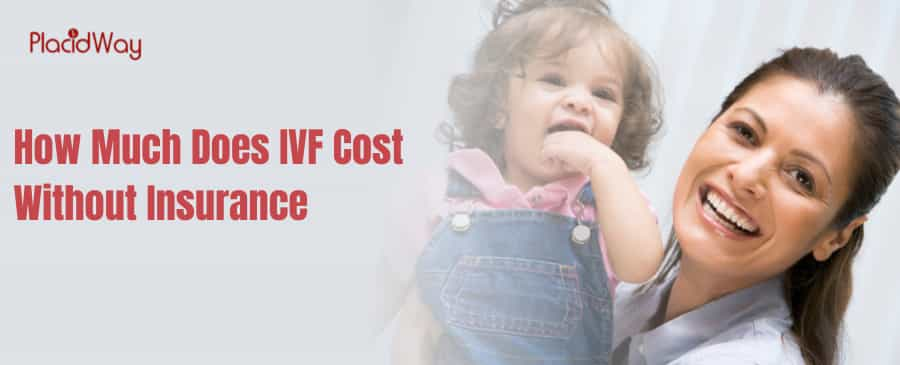
Navigating the world of fertility treatments can feel overwhelming, and one of the biggest questions on everyone's mind is about the cost, especially for treatments like In Vitro Fertilization (IVF). If you don't have insurance coverage, understanding the financial commitment is a critical first step. The price of IVF without insurance isn't a single number; it’s a wide range that includes the base procedure, medications, and potentially several additional services. Many factors, from the clinic you choose to the specific medical protocols you require, will influence the final bill.
Thinking about the journey to parenthood is an emotional experience, and financial stress shouldn't add to that burden. This guide is here to break down the costs of IVF in a clear, straightforward way. We'll explore what a typical cycle costs, uncover the hidden fees that can arise, and discuss strategies to make this life-changing treatment more affordable. Our goal is to provide you with the knowledge and confidence to plan your path forward, armed with expert information you can trust. Let's walk through what you can expect when paying for IVF out-of-pocket.
How Much Does a Single IVF Cycle Cost Without Insurance?
The base price for one round of IVF can be misleading. While clinics often advertise a price for a "standard cycle," this figure usually covers only the core procedures. The national average for a basic IVF cycle is around $12,000 to $15,000. However, this is just a starting point. When you add in the cost of medications, which can be several thousand dollars, and any advanced procedures your doctor recommends, the total for a single cycle often climbs to $20,000 or more.
It's crucial to get a detailed cost breakdown from your chosen fertility clinic. Ask specifically what is included in their quoted price and what is considered an "add-on." This transparency is key to avoiding unexpected expenses down the line.
What is the Average Total Cost to Bring Home a Baby with IVF?
IVF success is not always achieved on the first attempt. National data shows that patients undergo an average of 2.3 to 2.7 IVF cycles to have a baby. This reality significantly impacts the overall financial investment. If a single cycle costs around $20,000, two or three cycles can quickly add up.
This is why some clinics offer multi-cycle or "shared risk" packages. These programs can provide a more predictable, albeit higher, upfront cost, but often include a refund for unused cycles if you are successful early on or a partial refund if treatment is unsuccessful after several attempts.
What Are the Additional Costs of IVF Treatment?
The sticker price of an IVF cycle is rarely the final price. Several other services and procedures are often necessary for a successful outcome. Understanding these potential add-ons is essential for accurate financial planning.
| Additional Service | Average Cost Range (Without Insurance) |
|---|---|
| Fertility Medications | $3,000 - $7,000 per cycle |
| Preimplantation Genetic Testing (PGT) | $3,000 - $7,000 |
| Intracytoplasmic Sperm Injection (ICSI) | $1,500 - $2,500 |
| Anesthesia for Egg Retrieval | $500 - $1,500 |
| Frozen Embryo Transfer (FET) | $3,000 - $5,000 |
| Embryo Cryopreservation (Freezing) | $1,000 - $2,000 (initial fee) |
| Annual Embryo Storage | $500 - $1,000 |
How Much Do IVF Medications Cost Without Insurance?
Fertility medications, primarily injectable hormones, are a substantial part of the IVF cost. These drugs are used to stimulate the ovaries to produce multiple eggs. The exact protocol and dosage will depend on your age, ovarian reserve, and response to previous treatments, all of which affect the final cost.
To manage these expenses, ask your clinic if they partner with any specialty pharmacies that offer discounts. You can also explore patient assistance programs from pharmaceutical companies or look for clinics that offer lower-cost medication protocols.
Does Geographic Location Affect IVF Costs?
The price of medical care is not uniform across the country, and IVF is no exception. Operating costs, local market competition, and state regulations all play a role in how clinics price their services. For example, an IVF cycle in a large coastal city might cost thousands more than the same procedure in a smaller inland city.
Some patients choose to travel for treatment to access more affordable IVF options. While this can lead to savings on the procedure itself, it's important to factor in the costs of travel, accommodation, and time off work.
How Do Clinic Success Rates Impact the Price?
When choosing a clinic, it's tempting to go for the cheapest option, but it's vital to consider the value you're receiving. A clinic with a high success rate may give you a better chance of a successful pregnancy on the first or second try, potentially saving you money in the long run by avoiding the need for additional cycles.
You can research clinic success rates on the Society for Assisted Reproductive Technology (SART) website. Balance the cost per cycle against the clinic's live birth rate for patients in your age group to make an informed decision.
What is Preimplantation Genetic Testing (PGT) and How Much Does It Cost?
PGT can increase the chances of a successful pregnancy by ensuring that only chromosomally normal embryos are transferred. This can be particularly beneficial for older patients or those with a history of recurrent miscarriages or genetic disorders. There are different types of PGT, and the cost will vary depending on how many embryos are tested and the complexity of the screening.
What is the Cost of a Frozen Embryo Transfer (FET)?
If you have remaining embryos from a previous IVF cycle that were cryopreserved (frozen), you can use them in a future FET cycle. This process involves preparing the uterine lining with medication and then transferring the thawed embryo. It's a much less intensive and more affordable way to attempt another pregnancy.
Are There More Affordable IVF Options like Mini-IVF?
Mini-IVF is not suitable for everyone, but it can be a good choice for women who are concerned about the side effects of high-dose medications or who want to reduce costs. The goal is to retrieve a few high-quality eggs rather than a large quantity. Discuss with your doctor if this approach might be right for you.
How Can I Pay for IVF Without Insurance?
The high cost of IVF means many patients need to explore financing options. Many fertility clinics offer in-house payment plans or partner with third-party lenders that specialize in medical financing. These loans often have competitive interest rates and flexible repayment terms.
- Fertility Loans: Companies like LightStream, SoFi, and Prosper offer personal loans that can be used for medical expenses.
- Clinic Payment Plans: Ask your clinic's financial counselor about payment plans that allow you to spread the cost over several months.
- Credit Cards: While an option, be mindful of high interest rates if you can't pay the balance off quickly.
Are There Grants or Scholarships for IVF?
These programs are highly competitive and often have specific eligibility requirements, such as income level, location, or diagnosis. It's worth researching and applying to any you may qualify for.
- RESOLVE: The National Infertility Association: Provides a list of financial resources and scholarships.
- Baby Quest Foundation: Awards grants twice a year to eligible applicants.
- The Tinina Q. Cade Foundation: Offers grants to help with the costs of fertility treatment or adoption.
Ready to Explore Your Options?
Navigating your fertility journey is a significant step, and you don't have to do it alone. If you're looking for world-class fertility solutions at an affordable price, explore the options available through PlacidWay. We connect you with trusted clinics and experts around the globe to help you find the right path to parenthood.
Discover your healthcare solutions with PlacidWay today!


.png)

.png)


.png)
.png)

.png)
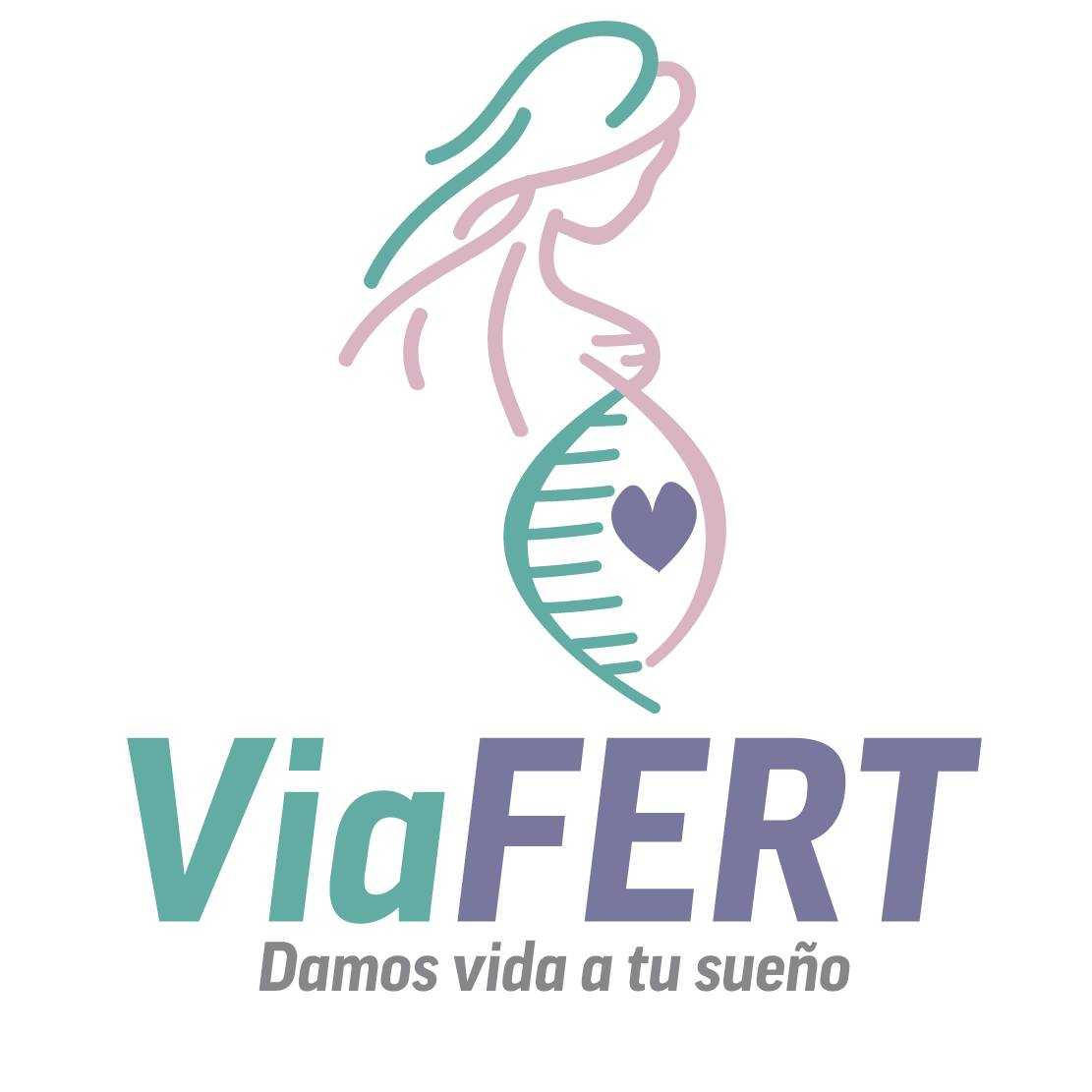
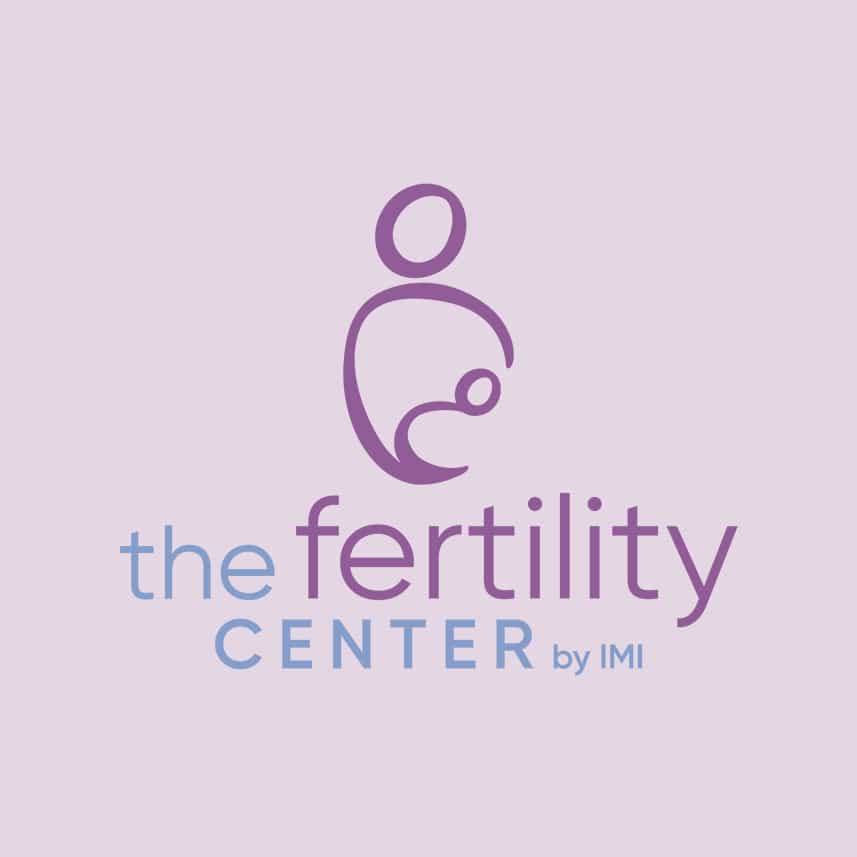
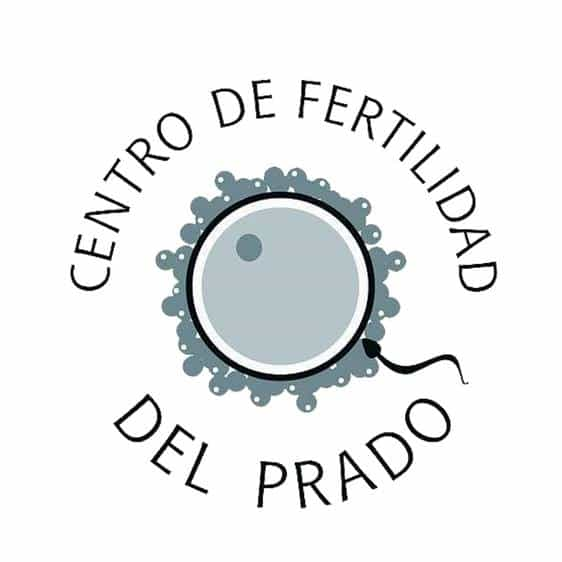

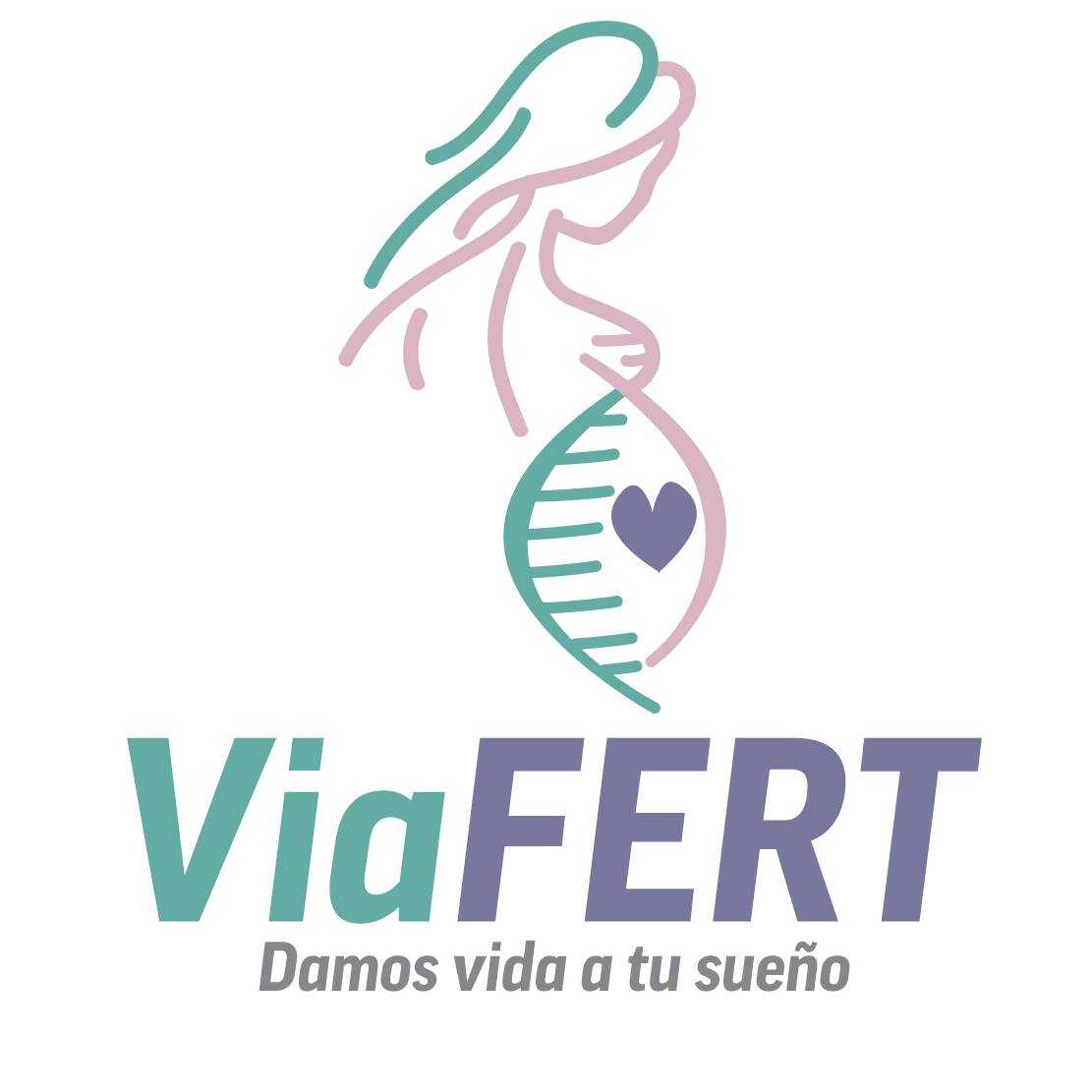

Share this listing